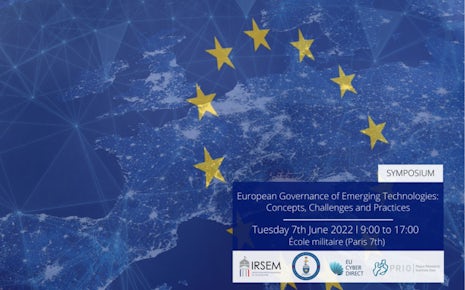The debate in Europe about digital sovereignty, technological sovereignty, data sovereignty and strategic autonomy has been building over recent years at both the EU level and the level of individual Member States. The different concepts – and their diverse interpretations – cover the sovereignty concerns of citizens, states and the EU itself, and range from the protection of fundamental rights to addressing geo-economic strengths and vulnerabilities and European military concerns. The language of digital sovereignty and strategic autonomy has become integrated into the policy statements and documents of the European Union, even if definitions of the terminology remain scarce. While there has been much analysis of these new narratives of digital sovereignty and strategic autonomy, less attention has been paid to the alignment – or misalignment – between these narratives and the EU policies that would translate the concepts into everyday life.
This lacuna was the point of departure for the EU Cyber Direct Research Seminar co-organised with The Hague Program on International Cyber Security on 18 March 2022 under the title Digital Sovereignty: From Narrative to Policy?, the results of which are published in this publication.
With contributions by Dennis Broeders, Raluca Csernatoni, Kristina Irion, Monica Kaminska, Giorgio Monti, Margarita Robles-Carrillo, Simona R. Soare, and Paul Timmers, it explores recent discussions and narratives about EU digital sovereignty and strategic autonomy and what these mean for the array of individual EU policies that will have to support a new strategically autonomous/geopolitical positioning of the Union.


